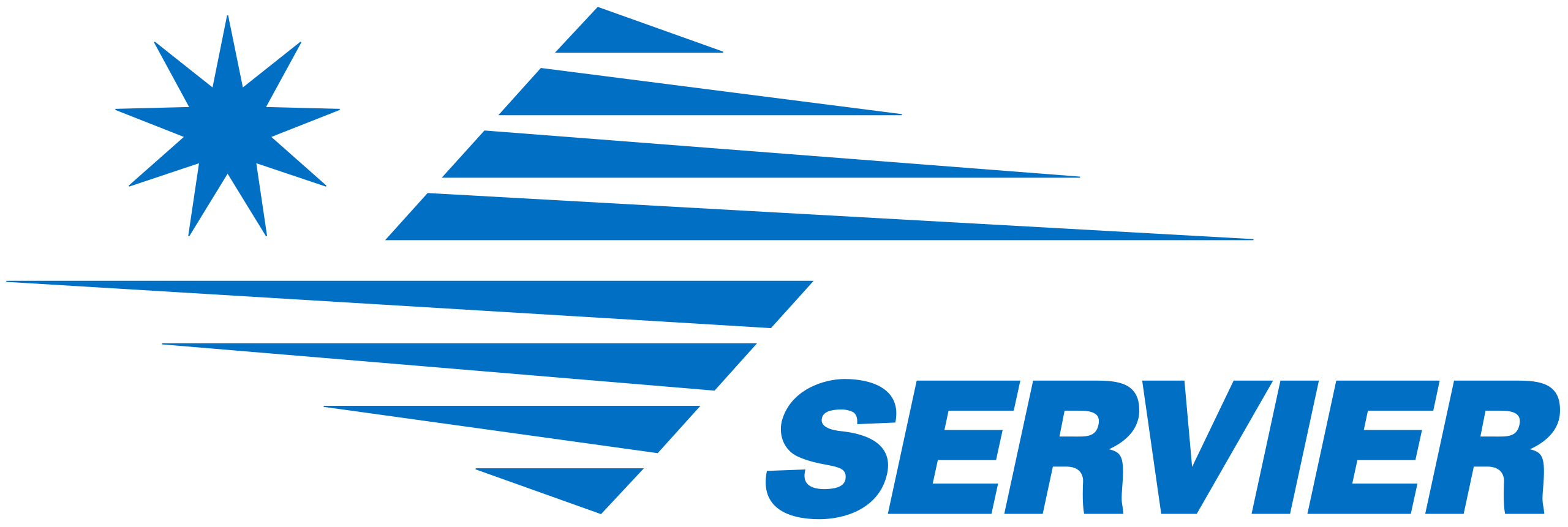Go back to trials list
Phase II Study of Cladribine Plus Idarubicin Plus Cytarabine (ARAC) in Patients with AML, HR MDS, or Myeloid Blast Phase of CML
Description
This phase II trial studies how well cladribine, idarubicin, cytarabine, and venetoclax work in patients with acute myeloid leukemia, high-risk myelodysplastic syndrome, or blastic phase chronic myeloid leukemia. Drugs used in chemotherapy, such as cladribine, idarubicin, cytarabine, and venetoclax, work in different ways to stop the growth of cancer cells, either by killing the cells, by stopping them from dividing, or by stopping them from spreading.Primary Objectives: I. To determine the complete response rate (CR) of cladribine in combination with idarubicin and cytarabine (araC) in patients with acute myeloid leukemia (AML), high risk (HR) myelodysplastic syndrome (MDS), or myeloid blast phase of chronic myeloid leukemia (CML). Secondary Objectives: I. To determine the overall response rate (ORR) of cladribine in combination with idarubicin and araC in patients with AML, HR MDS, or myeloid blast phase of CML. II. To assess overall survival (OS) and event free survival (EFS) of
Trial Eligibility
Inclusion Criteria: 1. Patients with a diagnosis of AML, Acute Biphenotypic Leukemia, or high risk MDS (\>/= 10% blasts or IPSS \>/= intermediate-2) will be eligible. Patients with CML in Myeloid Blast Phase are also eligible. 2. For Frontline cohort (1 or 4): No prior potentially-curative therapy for leukemia. Prior therapy with hydroxyurea, hematopoietic growth factors, azacytidine, decitabine, ATRA, or a total dose of cytarabine up to 2g (for emergency use for stabilization) is allowed. Patients deemed able to receive venetoclax (ie. insurance clearance) will be assigned to Frontline cohort 4. Patients with secondary AMLwho have been treated for their antecedent myeloid neoplasm will be enrolled into the separate Secondary AML cohort. 3. For Salvage cohort: Patients with previously treated, relapsed or refractory AML, Acute Biphenotypic Leukemia, or CML in Myeloid Blast Phase are eligible. 4. Age \</= 65 years. 5. Adequate organ function as defined below: * liver function (bilirubin \< 2mg/dL, AST and/or ALT \<3 x ULN - or \<5 x ULN if related to leukemic involvement) * kidney function (creatinine \< 1.5 x ULN ). * known cardiac ejection fraction of \> or = 45% within the past 6 months 6. ECOG performance status of ≤ 2. 7. A negative urine pregnancy test is required within 1 week for all women of childbearing potential prior to enrolling on this trial. 8. Patient must have the ability to understand the requirements of the study and signed informed consent. A signed informed consent by the patient is required prior to their enrollment on the protocol. Exclusion Criteria: 1. Pregnant women are excluded from this study because the agents used in this study have the potential for teratogenic or abortifacient effects. Because there is a potential risk for adverse events in nursing infants secondary to treatment of the mother with the chemotherapy agents, breastfeeding should also be avoided. 2. Uncontrolled intercurrent illness including, but not limited to active uncontrolled infection, symptomatic congestive heart failure (NYHA Class III or IV), unstable angina pectoris, clinically significant cardiac arrhythmia, or psychiatric illness/social situations that would limit compliance with study requirements. 3. Patient with documented hypersensitivity to any of the components of the chemotherapy program. 4. Men and women of childbearing potential who do not practice contraception. Women of childbearing potential and men must agree to use contraception prior to study entry and for the duration of study participation.
Study Info
Organization
M.D. Anderson Cancer Center
Primary Outcome
Complete response (CR) rate
Interventions
Locations Recruiting
M D Anderson Cancer Center
United States, Texas, Houston
Interested in joining this trial?
Our dedicated patient navigators are here to support you by reviewing the eligibility criteria to see if you might qualify for this trial.
Get the latest thought leadership on your Acute Myeloid Leukemia delivered straight
By subscribing to the Healthtree newsletter, you'll receive the latest research, treatment updates, and expert insights to help you navigate your health.
Thanks to our HealthTree Community for Acute Myeloid Leukemia Sponsors:




